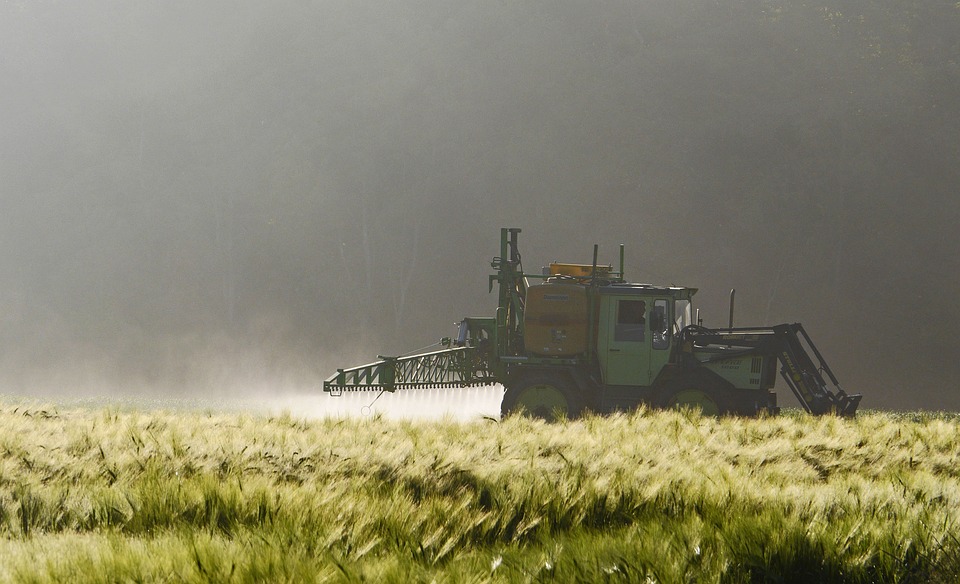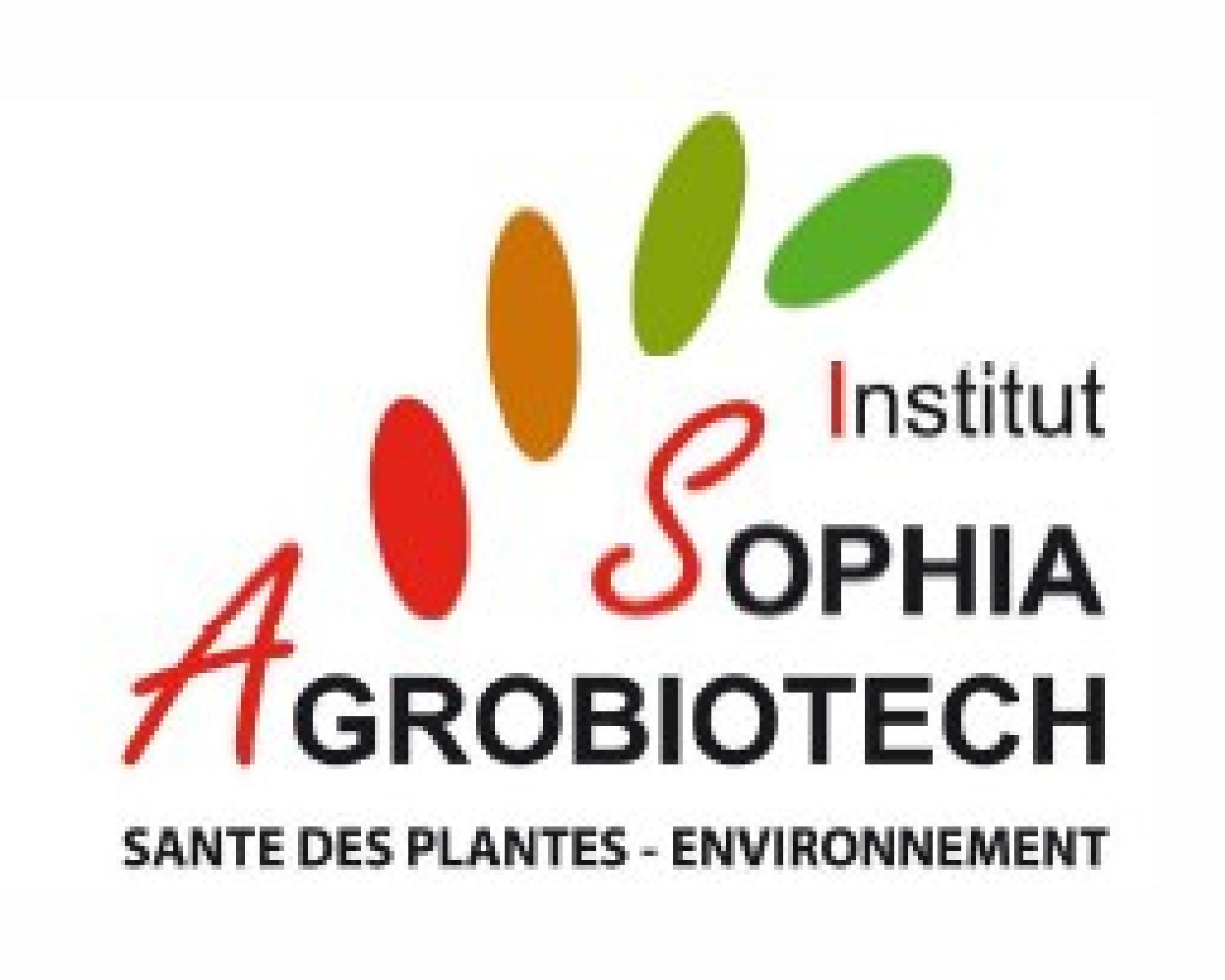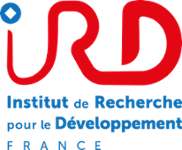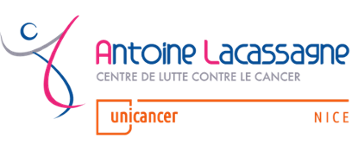Academy of Excellence "Space, Environment, Risk and Resilience"
VirBt
- A. GALLET -
Foodborne outbreaks and bacteremia associated with Bacillus thuringiensis biopesticides: in vivo assessment and modelling of virulence potential
Academy Highlight
This project is part of the "Assessment and detection of anthropogenic risks to human health, the environment and global change" strategic priority.
The project
The use of chemical pesticides is controversial, mainly because of their harmful effects on the environment and human health. The emerging solution is the use of biocontrol agents: biopesticides. Like chemical pesticides, biopesticides enable us to combat certain organisms considered harmful, but using natural substances. Natural pesticides, then, but not without danger to human health. The microbial insecticide Bacillus thuringiensis (Bt), although a "bio" pesticide, is implicated in almost 20% of cases of food poisoning (Bonis et al., PLOS One (2021)). This is what the consortium of researchers working on the VirBt project is trying to elucidate and understand. Focusing in particular on Bacillus thuringiensis and its effects, biologists from ISA, C3M, CHU de Nice and ANSES are working together to assess the virulence of Bt strains and the susceptibility of individuals weakened by Bt infections.
To achieve this, 4 models are being used in the experiments: drosophila, mice, human intestinal cell cultures and human patient samples. The effects on these models will then be correlated with those on the human body. Initial results from tests on drosophila show that it is in the intestinal tract that Bt storage is most concentrated, leading to diarrhoea and intestinal disorders as early as 24 to 48 hours after ingestion: effects that can prove fatal in infants or immunocompromised individuals.
While Bt strains have the highest virulence levels of all the pesticides used, they are also the ones to which people are most exposed. The survey conducted by ANSES as part of the project highlights this very exposure. After collecting and testing 161 commercially certified "Organic Agriculture" fruit and vegetables, almost 50% of the products tested came up positive for Bt. Peppers, tomatoes, apples, cucumbers, aromatic herbs... all in the same basket! The solution: wash your fruit and vegetables thoroughly or opt for total peeling.
The joint work between biologists and public health professionals should lead to the development of tools to assess and detect these Bt strains more easily in the body, and to make their use safer in agriculture, for which no dose is imposed.
In the meantime, fruit is like vegetables: it needs washing!
To achieve this, 4 models are being used in the experiments: drosophila, mice, human intestinal cell cultures and human patient samples. The effects on these models will then be correlated with those on the human body. Initial results from tests on drosophila show that it is in the intestinal tract that Bt storage is most concentrated, leading to diarrhoea and intestinal disorders as early as 24 to 48 hours after ingestion: effects that can prove fatal in infants or immunocompromised individuals.
While Bt strains have the highest virulence levels of all the pesticides used, they are also the ones to which people are most exposed. The survey conducted by ANSES as part of the project highlights this very exposure. After collecting and testing 161 commercially certified "Organic Agriculture" fruit and vegetables, almost 50% of the products tested came up positive for Bt. Peppers, tomatoes, apples, cucumbers, aromatic herbs... all in the same basket! The solution: wash your fruit and vegetables thoroughly or opt for total peeling.
The joint work between biologists and public health professionals should lead to the development of tools to assess and detect these Bt strains more easily in the body, and to make their use safer in agriculture, for which no dose is imposed.
In the meantime, fruit is like vegetables: it needs washing!

The + :
- Project involving public health players (ANSES) in its consortium
- The project involving 2 theses
What's next ?
- The consortium of researchers is now focusing on sequencing the results obtained with the help of technical support (10-month fixed-term contract) funded by Académie 3.
- The Ecophyto grant obtained in January 2023 will enable the project to expand and position itself as a major project in the field of bio-insecticides and health.
Project informations:
| Scientific field: Biology, Health, Environment |
Theme: Bacillus thuringiensis, Bioinsecticides, Agriculture |
| Keywords: Bacillus thuringiensis Health Bioinsecticides Agriculture |
Budget allocated by Academy 3 for 2 years: 66 500k |
| Project members: Armel GALLET Mathilde BONI Laurent BOYER Raymond Ruimy |
Involved laboratories: ISA (Institut Sophia Agrobiotech) , Maison Alfort (ANSES), C3M, CHU de Nice |

Armel Gallet
Team "Bioinsecticides, Environnement et Santé”, Institut Sophia Agrobiotech (ISA), Université Côte d'Azur, CNRS, INRAe
 |

















